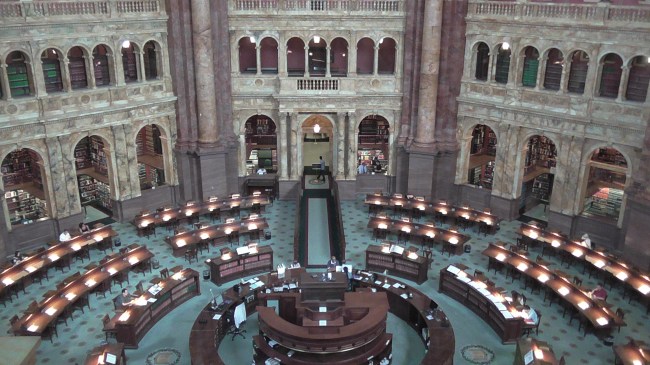Having arrived back from a fantastic year of fieldwork in August I am now in the stages of writing-up my thesis and speaking at various conferences.
The first one I went to was within a week of returning from fieldwork (not advisable!) and it was a big one, The Royal Geographical Society Annual Conference, 26-29th August. I presented at two sessions, one was the Historical Geography Postgraduate Session and the other was with the Postgraduate Forum. The first was to the title “Through the eyes of the General: John J. Pershing and the Arica-Tacna Plebiscite 1925-1926” in which i spoke about the fascinating personal diaries of General Pershing which I found at the Library of Congress, Washington DC. It has been a really enjoyable part of my research and questions from the audience suggested that other people found it interesting too.
The second was to the title “Both here and there: Navigating a PhD between two universities” in which I spoke about my experiences of fieldwork where I ended up being based at the Universidad de Tarapacá in Chile and the results of that from language issues to differences in working styles and university cultures along with the enormous benefits it gave both me and my work.
Although it was quite stressful, coming back to the UK after a year on fieldwork and immediately presenting at the RGS, it forced me to keep up the momentum of work and I made some useful contacts with the Developing Areas Research Group for whom I am now a committee member and the twitter I recently set up can be found here.
A more recent conference I spoke at was the Warwick Graduate Conference in Political Geography, 27-28th November 2014, where I spoke to the title “Friends and Enemies on the Chile-Peru Border: The Almost-War of the 1970s”. Rachael Squire from Royal Holloway wrote some great reflections on the conference here. I met Rachael for the first time at the conference and we decided to co-convene a session at the 2015 RGS annual conference on maritime geopolitics with the title ‘Under the Sea: Geographies of the Deep’ so keep an eye out for a call for papers coming shortly if you think you might be interested.
I also went as a participant at the Historical geography Research Group practising historical geography workshop n November, a report for which I co-wrote can be found here.
So all in all, it has been a busy but productive few months since returning from fieldwork with plenty more writing and conferences to come in the new year!





